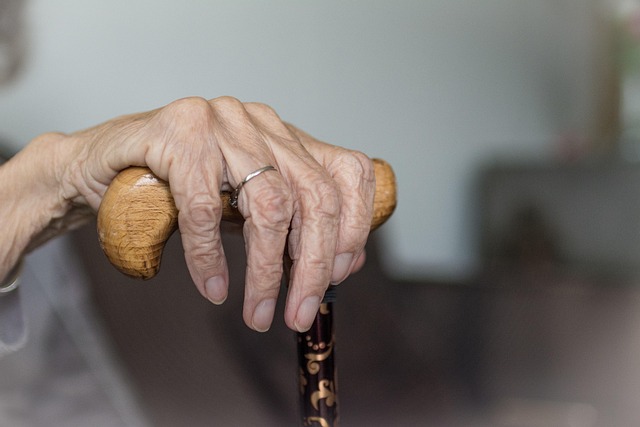Elderly Companion Services play a vital role in supporting seniors with dementia, offering personalized care, companionship, and assistance for improved daily living and emotional well-being. These services cater to memory stimulation, provide emotional support, and help with tasks like hygiene and meals, promoting independence and comfort. Caregivers also benefit from diverse resources including specialized care facilities, online groups, workshops, and financial aid programs, fostering a supportive community while managing dementia challenges.
Dementia, a complex and progressive condition, significantly impacts elderly individuals, affecting their memory, cognition, and daily lives. In response to this growing challenge, specialized support services have emerged to aid both patients and their caregivers. This article explores the critical role of elderly companion services in managing dementia, offering invaluable assistance to those living with the disease. We also delve into the diverse types of support available for caregivers, highlighting resources that cater to the unique needs of this dedicated group.
- Understanding Dementia and Its Impact on Elderly Individuals
- The Role of Elderly Companion Services in Supporting Those with Dementia
- Types of Support and Resources Available for Dementia Caregivers
Understanding Dementia and Its Impact on Elderly Individuals

Dementia, a complex and progressive neurological disorder, significantly impacts elderly individuals, affecting their memory, thinking skills, and behavior. As the population ages, understanding this condition has become more crucial than ever. Those affected often face challenges in performing daily tasks, experiencing confusion, and exhibiting changes in personality or mood. The impact of dementia extends beyond cognitive functions; it can also lead to social withdrawal and difficulty communicating.
Elderly companion services play a vital role in supporting those with dementia by providing personalized care and companionship. These services offer a safety net for seniors, ensuring their well-being and fostering a sense of independence. Companion caregivers can assist with memory stimulation activities, encourage engagement in meaningful hobbies, and provide emotional support, all while helping with daily living tasks, thereby enhancing the quality of life for individuals living with dementia.
The Role of Elderly Companion Services in Supporting Those with Dementia

Elderly Companion Services play a pivotal role in supporting individuals with dementia, offering a range of benefits that significantly enhance their quality of life. These services provide companionship and emotional support tailored to the unique needs of those affected by the condition. Companions can engage in meaningful conversations, participate in leisure activities, and offer a sense of comfort and security, helping to alleviate feelings of isolation and loneliness.
Moreover, Elderly Companion Services assist with daily tasks, ensuring individuals with dementia receive the care they need while maintaining their independence. This support includes assistance with personal hygiene, medication management, meal preparation, and household chores. By providing this practical help, companions enable those with dementia to remain in the comfort of their own homes for longer, promoting a sense of continuity and familiarity.
Types of Support and Resources Available for Dementia Caregivers

Dementia caregivers have access to a variety of support services tailored to ease their burden and improve the quality of life for both the caregiver and the individual with dementia. These services encompass a wide range, from elderly companion services that provide companionship and assistance with daily tasks, to more specialized care like memory care facilities and respite care. Elderly companion services, in particular, offer invaluable support by ensuring the elderly individual stays engaged and safe in their own home.
Additionally, there are numerous resources available online and through community organizations. Support groups for caregivers provide a safe space to share experiences, seek advice, and find emotional support. Moreover, many local agencies and non-profit organizations offer educational workshops, financial assistance programs, and access to legal services. These comprehensive support systems empower caregivers, enabling them to better navigate the challenges of dementia care while fostering a sense of community and well-being.
Dementia care is a complex landscape, but with the right support, individuals affected can lead fulfilling lives. The combination of understanding dementia and leveraging available resources, such as elderly companion services, plays a vital role in enhancing quality of life for those facing this challenge. By recognizing the unique needs of caregivers and providing them with necessary tools and resources, we can foster supportive environments that promote dignity and well-being for both individuals with dementia and their loved ones.














